A Fairer World for All: World Social Justice Day
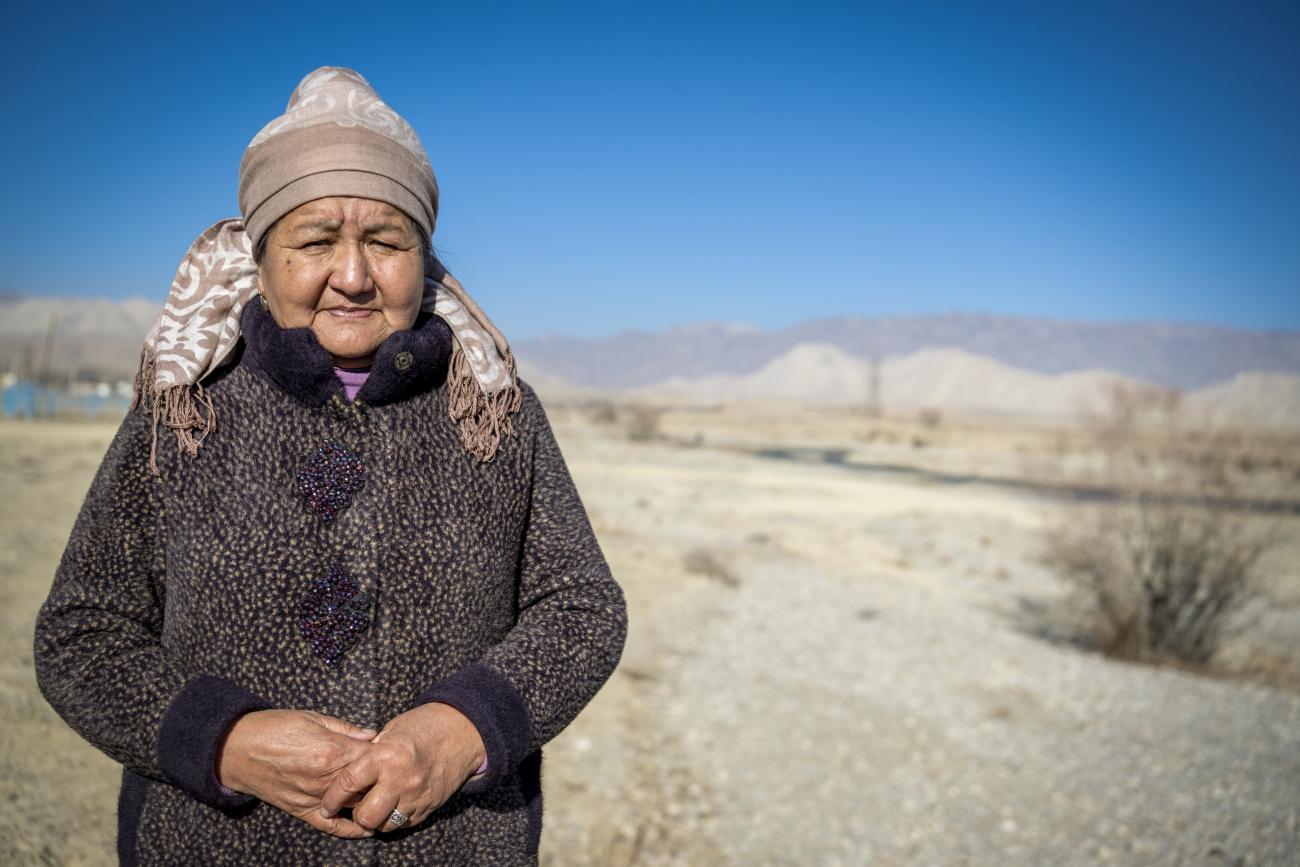
In 2024, for the first time, more than half of the world’s population (52.4 per cent) is covered by some form of social protection. Yet 3.8 billion people are still entirely unprotected.
Social justice in action means dismantling systemic barriers, equipping workers with future-ready skills, and ensuring every voice – especially women, youth, and marginalized communities – is heard in the global economy. This is the essence of a just transition, a journey that blends economic transformation with social equity.
UN Country Teams, led by Resident Coordinators, have been at the forefront of championing social justice as a fundamental pillar for achieving the Sustainable Development Goals (SDGs). Their leadership and collaborative efforts across government, civil society, and the private sector have been instrumental in crafting policies and programmes that not only protect the vulnerable but also empower communities to build a dignified future. This is accomplished through a few ways:
Ensuring decent work for all
The global jobs gap – the estimated number of people who want to work but do not have a job – reached 402 million in 2024. In response to this immense challenge, innovative UN-led initiatives are making strides to ensure decent work for all.
In Ghana, where Micro, Small, and Medium Enterprises (MSMEs) account for 92 per cent of businesses, the UN is driving a digital revolution. Under the UN Joint SDG Fund’s Digital High-Impact Track and with t support from the European Union and several Member States, the programme is set to empower approximately 25,000 MSMEs.
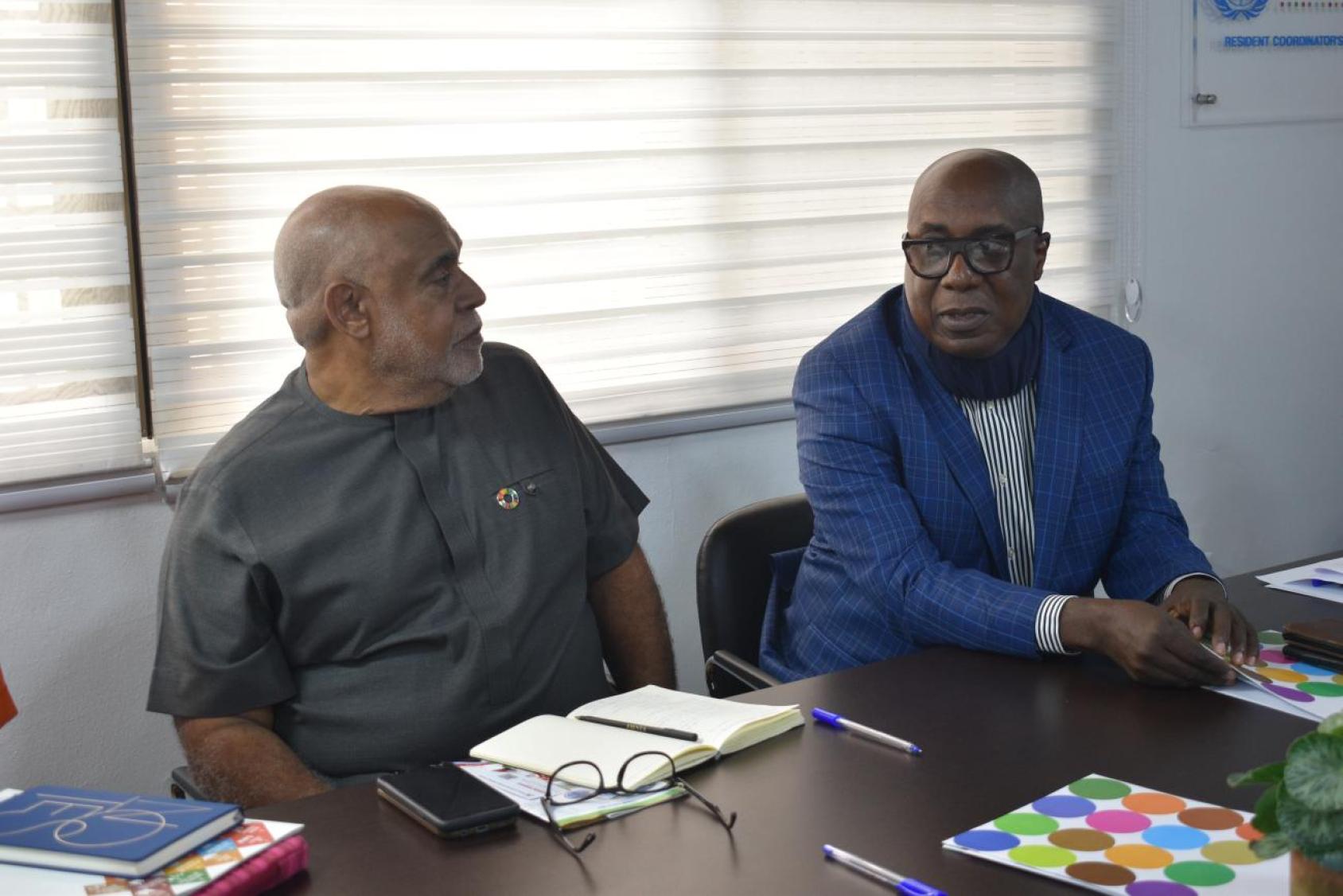
Jointly implemented by the UN Capital Development Fund (UNCDF), the United Nations Development Programme (UNDP) and the UN Trade and Development (UNCTAD), the project tackles long-standing challenges including limited financial access, low digital literacy, and fragmented business information. By integrating financial services with digital skills training and e-commerce support, the programme not only aims to fortify the MSME sector but also reinforces Ghana’s broader Agenda 2030 financing ecosystem.
In Malaysia, the International Labour Organization (ILO), with funding from the government of the United Kingdom, has implemented the Skills for Prosperity Programme to provide quality technical education to vulnerable populations. Over 12,000 Malaysians, including women, youth and the bottom 40 per cent of the economy, have benefited with new skills and knowledge. Pilot projects in Sabah and Kedah regions prioritized marginalized groups, integrating science, technology, engineering, and mathematics (STEM) into vocational curricula and creating a National Skills Registry to anticipate labour market needs. These efforts not only enhance the quality of technical education but also lay the groundwork for a future-ready, resilient workforce capable of meeting the evolving demands of the global economy.
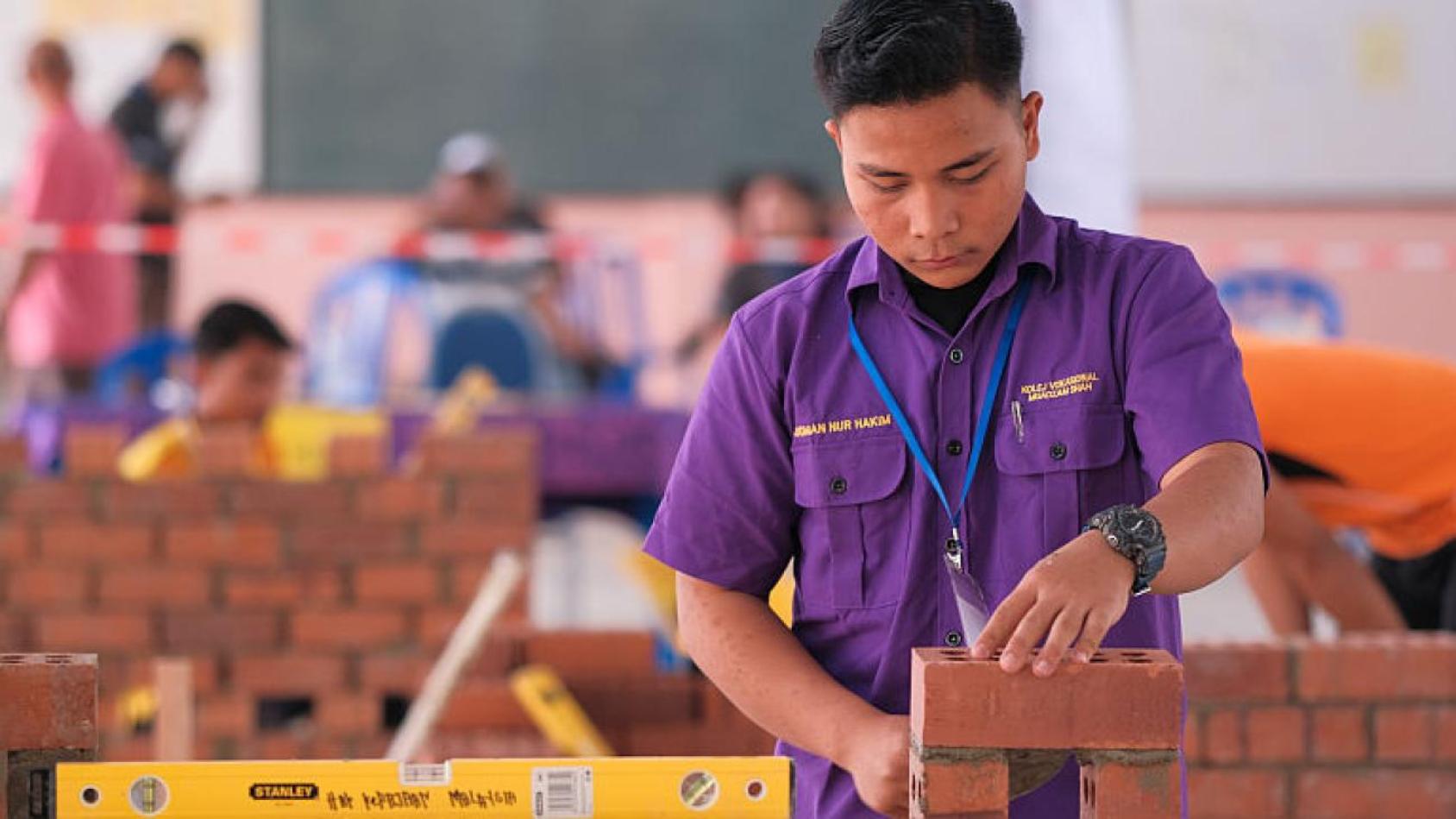
In 2023, women’s global labour force participation rate stood at 48.7 per cent, significantly lower than the rate of 73.0 per cent for men. In Egypt, the UN has taken efforts to address the gender gap. The United Nations Industrial Development Organization (UNIDO) and UN Women, through the joint “Rabeha” programme, are empowering women to rewrite their economic futures. Funded by Global Affairs Canada, the initiative has been providing skills training and business development support to women artisans. It aims to uplift more than 6,300 women, bolstering inclusive economic growth by expanding access to employment and self-employment opportunities.
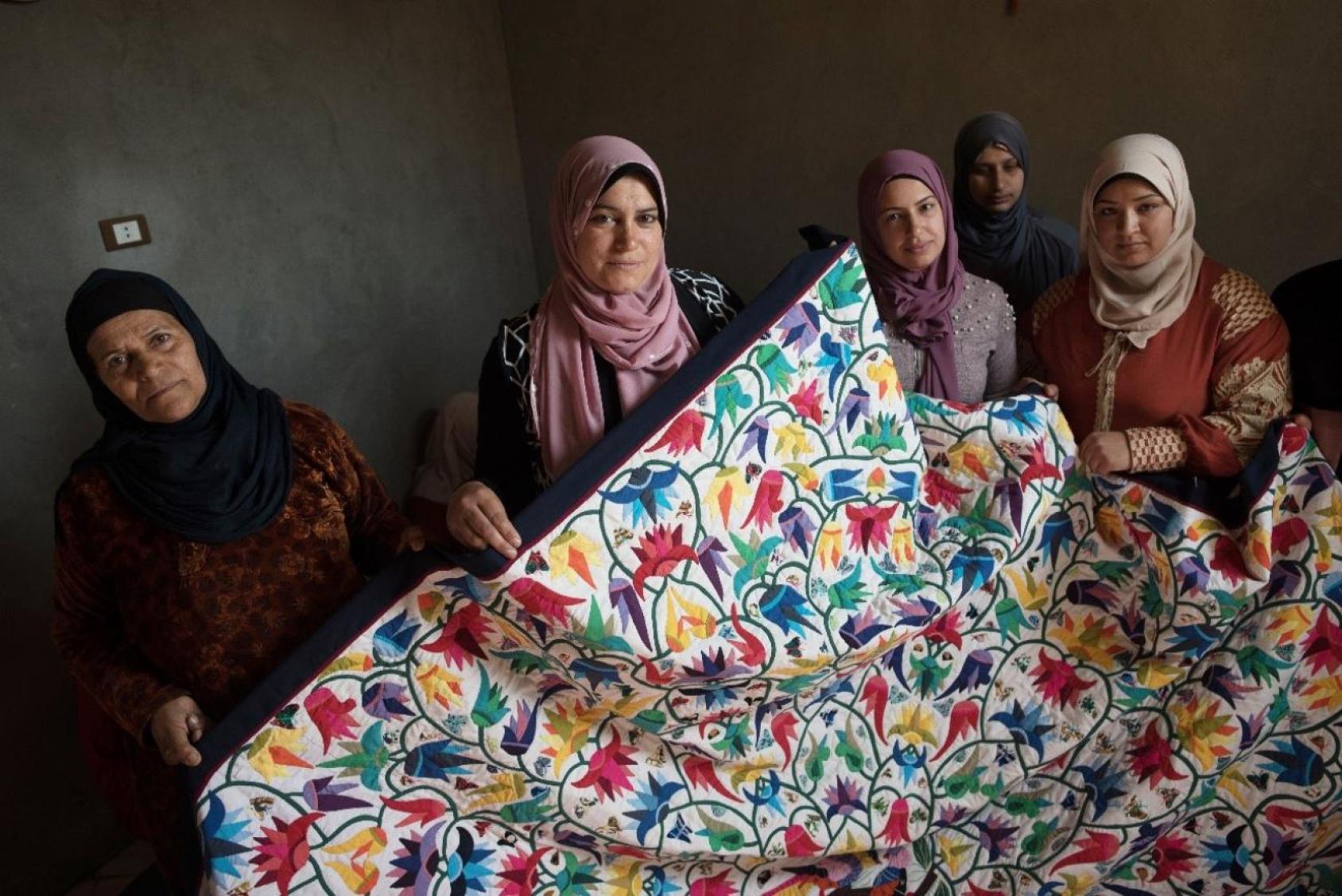
By participating in training sessions, Hanaa Redwan, founder of Al Yasser Handicrafts, has not only refined her artistic skills but also learned green and circular economy techniques that reduced her production costs by 70 per cent. Driven by her passion for Khayamiya—the art of Egyptian embroidery—Hanaa turned a personal craft into a flourishing business. She is now leading training sessions in her village Beni Suef, nurturing a network of empowered women artisans.
Accounting for climate risks
In the 20 countries most vulnerable to the climate crisis, 364 million people remain wholly unprotected. UN Country Teams and partners are initiating interventions that intertwine environmental sustainability with social protection.
In the hazard-prone Kyrgyz Republic, where climate change has exacerbated food insecurity and malnutrition, innovative approaches are taking root to protect rural livelihoods. With climate-induced disasters such as droughts, mudflows, and floods on the rise, the World Food Programme (WFP) launched its first Weather Index-Based Insurance pilot project. This project has provided critical support during a summer drought in the Ak-Talaa district, triggering payouts that benefited nearly 800 families below the poverty line with essential supplies. Complemented by capacity-building training on climate risk insurance for livestock and the provision of expensive fodder, the project underscores how social protection mechanisms can buffer the most vulnerable against natural disasters.
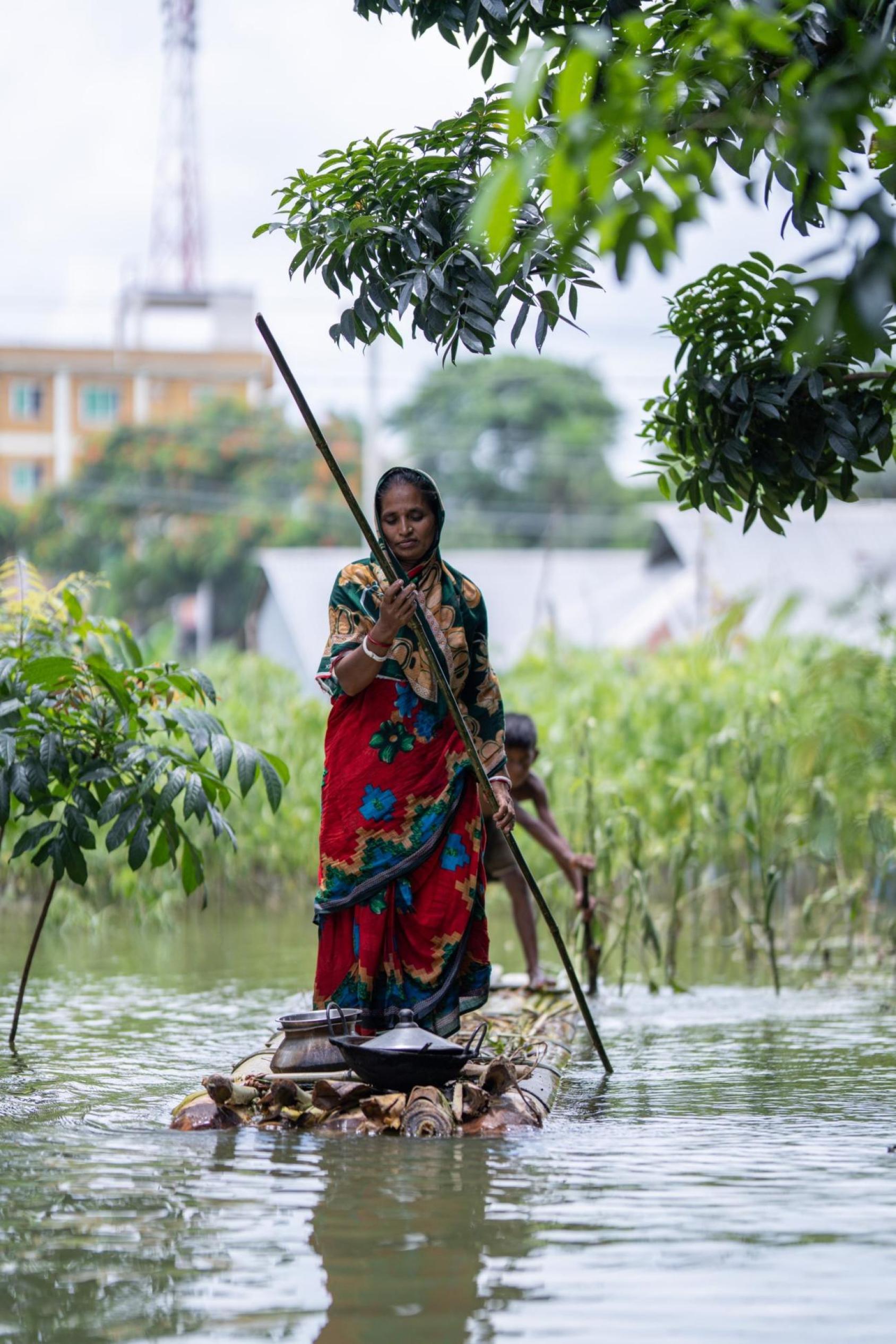
Meanwhile, Bangladesh is pioneering gender equity, climate action and economic growth with its Orange Bond. Convened by the Economic Relations Division of Bangladesh in partnership with UNDP and Impact Investment Exchange (IIX), the initiative seeks to mobilize up to US$ 1 billion, targeting sectors such as garments, green infrastructure, and agriculture. By engaging diaspora investors and development banks, the initiative aims to create jobs, empower women entrepreneurs, and build infrastructure resistant to climate challenges, ushering inclusive growth.
Ensuring social protection and social services reach every last person
Social protection and quality social services are the cornerstones of a just society, ensuring that even the most vulnerable are not left behind. In Bosnia and Herzegovina, an initiative focused on strengthening municipals and local services is addressing long-standing challenges faced by social welfare centres. Funded by the UN Secretary General’s Peacebuilding Fund and implemented by the International Organization for Migration (IOM) in collaboration with UNDP, is helping ensure that people with disabilities have access to social services in complex settings.
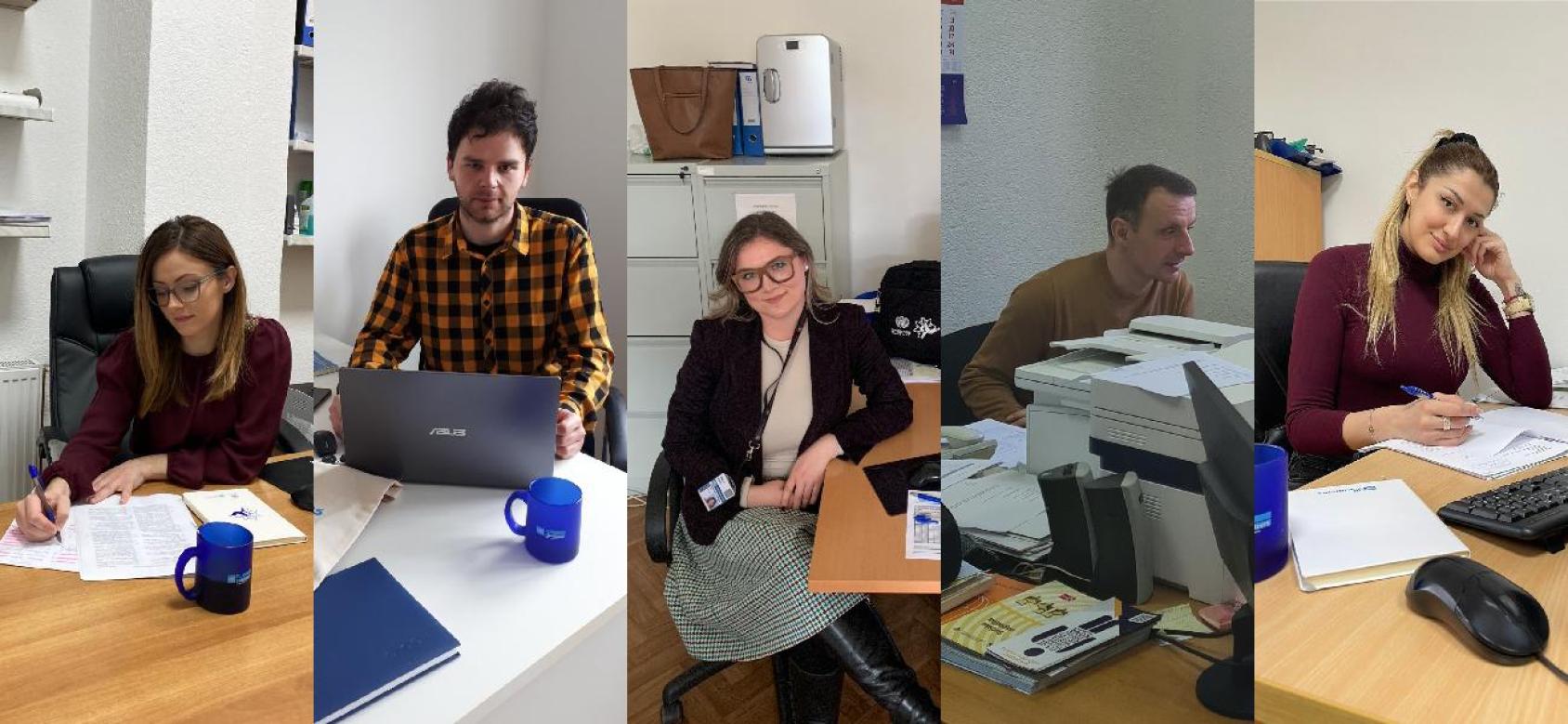
In Bosanski Petrovac, speech therapist Senija Ferizović, a volunteer, offers support to individuals with communication difficulties—a service previously nonexistent. “This work demands patience, creativity, and adaptability,” she says. Meanwhile, in Drvar, legal volunteer Maja Pilipović aids in establishing the municipality’s first Social Welfare Center, addressing systemic gaps in legal aid. This model of volunteer-driven solidarity is unique to the initiative and the impact it has.
For Eyad Al Merjawi, a Syrian refugee in Zarqa, Jordan, the Estidama++ programme has been a beacon of resilience. Supported by Jordan's Social Security Corporation (SSC) and with technical support from the ILO, the programme provides subsidies to cover social security contributions, making benefits such as injury insurance, maternity leave, and pensions more accessible to informal workers in sectors like agriculture and small businesses.
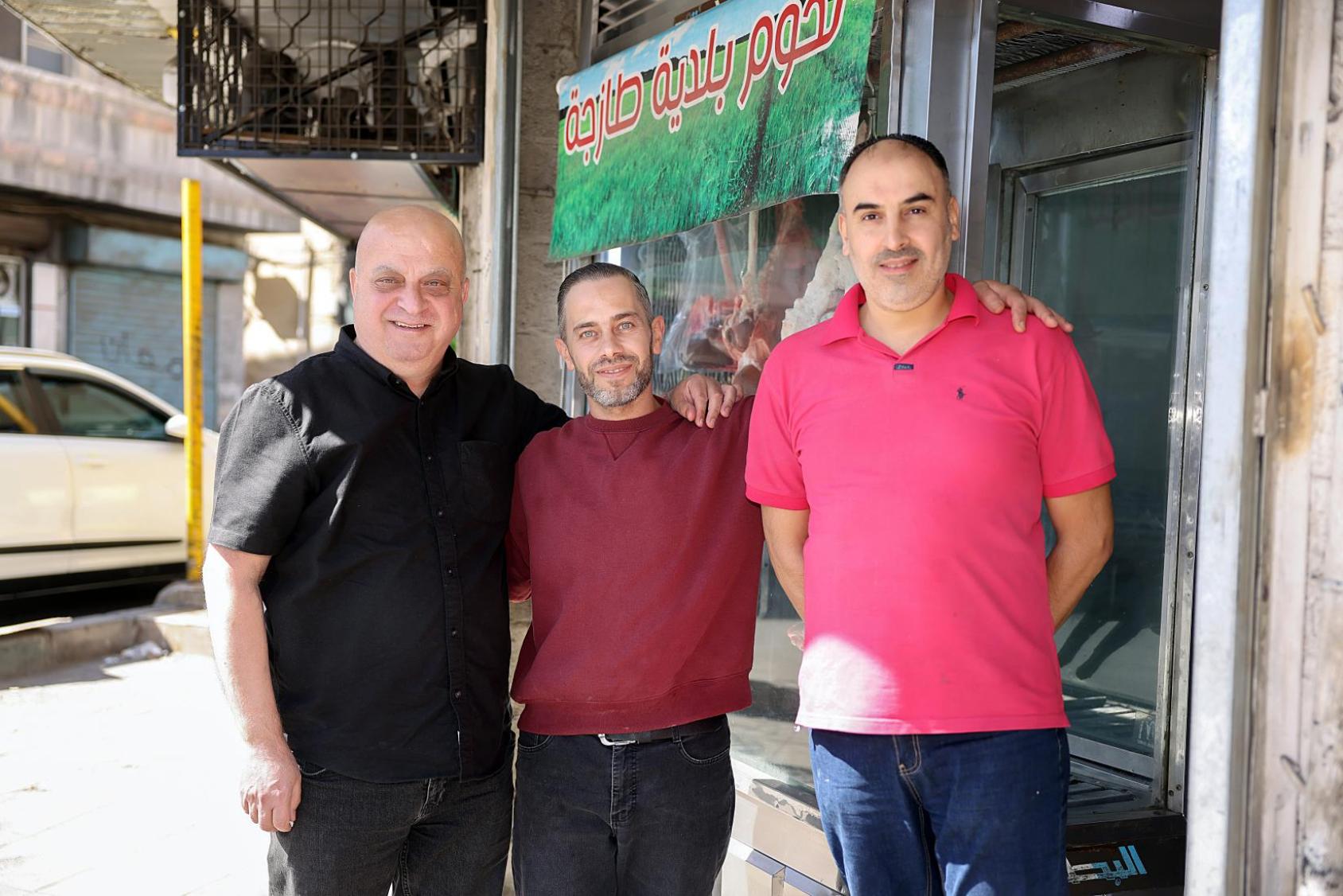
Initially hindered by the lack of documentation, Eyad’s journey took a pivotal turn when he secured his work permit through United Nations High Commissioner for Refugees (UNHCR)’s registration system. After enrolment in the programme, he now works as a butcher and receives quarterly income support. By offsetting employers’ costs, Estidama++ incentivizes formal hiring, benefiting 8,000 workers to date. UNHCR’s outreach in camps and host communities ensures refugees understand their rights, bridging the gap between legal inclusion and economic survival.
These diverse initiatives underscore the power of coordinated, community-focused actions. They illustrate how social justice, when integrated into policies and programmes, can lead to tangible improvements in lives—from boosting economic opportunities and modernizing vocational training to enhancing climate resilience and extending vital social services. On World Social Justice Day, let us recommit to bridging divides—because equity is the foundation of peace.


























